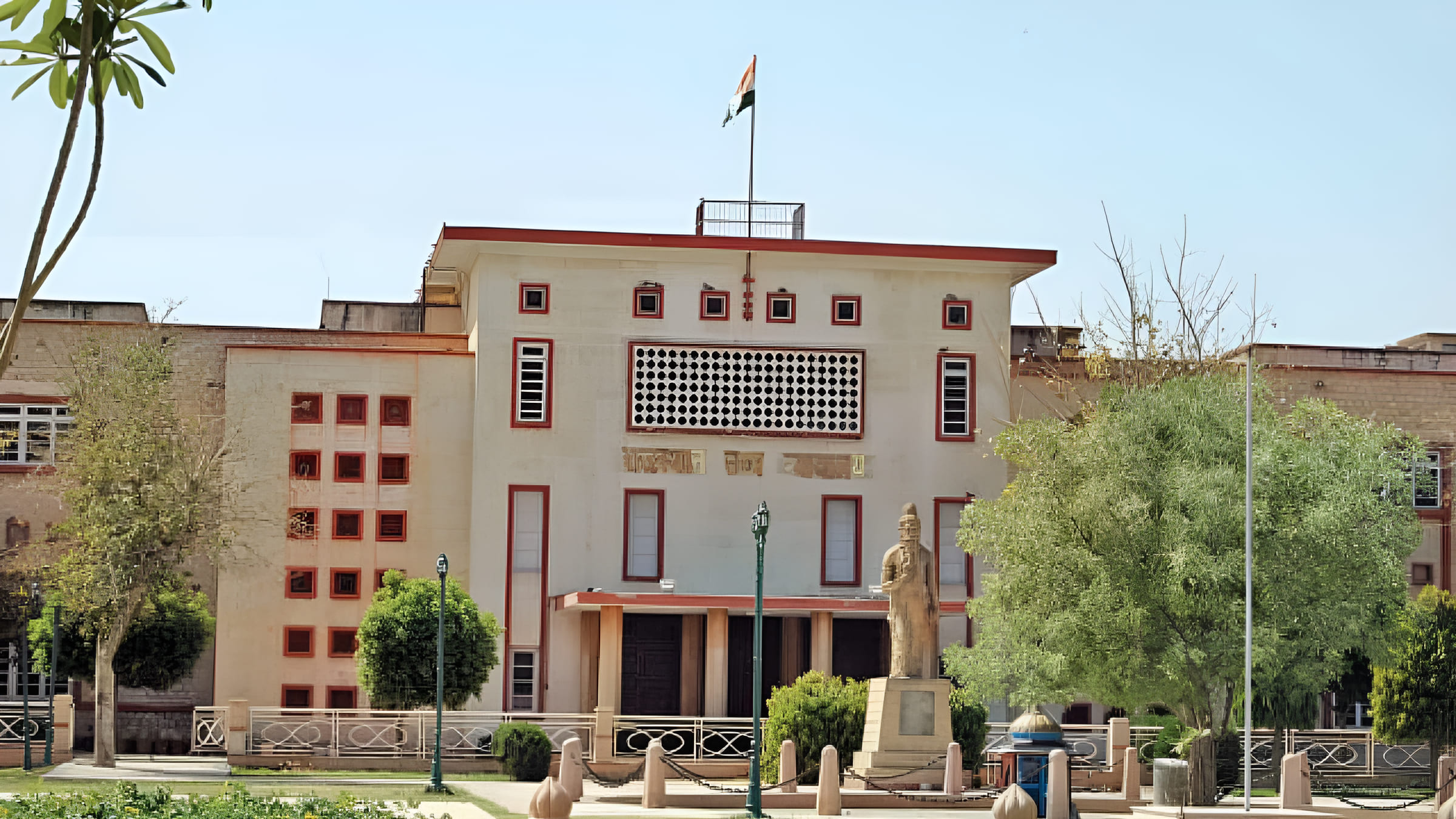High Court Directs Compensation for Heatwave Victims
Disaster Management Disaster Management in IndiaPosted by admin on 2025-01-29 09:37:55 |
Share: Facebook | Twitter | Whatsapp | Linkedin Visits: 28

In April 2024, the Rajasthan High Court issued a significant directive mandating the state government to provide financial compensation to families who lost loved ones due to the intense heatwave. The court's decision came in response to multiple petitions filed by affected families and activists, demanding government accountability and proactive disaster management.
The heatwave, which gripped several districts, resulted in a substantial rise in heat-related illnesses and fatalities. Temperatures soared beyond 48°C in regions like Jaipur, Jodhpur, and Barmer, pushing hospitals to their limits as cases of dehydration, heatstroke, and other medical emergencies surged. The extreme conditions primarily affected vulnerable populations, including daily wage laborers, the elderly, and children.
Recognizing the severity of the crisis, the Rajasthan High Court urged the government to officially declare heatwaves as a natural disaster under the Disaster Management Act. This classification would ensure structured relief efforts, including compensation for victims, improved healthcare preparedness, and preventive measures such as public cooling shelters and awareness campaigns.
In compliance with the court’s ruling, the state government announced financial aid of ₹2 lakh for each deceased person’s family, in addition to medical assistance for those hospitalized due to heat-related ailments. Authorities also pledged to strengthen early warning systems and collaborate with meteorological agencies to issue timely alerts.
The court further emphasized the need for long-term solutions, including afforestation, water conservation projects, and better urban planning to combat rising temperatures. Environmental experts also recommended strict monitoring of climate trends and policy changes to mitigate the increasing frequency of extreme heat events.
This landmark ruling marks a crucial step toward recognizing climate-related disasters and ensuring timely intervention to safeguard lives and livelihoods.
Search
Categories
Recent News
- Mainpuri Murder: Taunts Turn Fatal in UP
- Political Firestorm: Rahul Gandhi's "Traitor" Accusation Sparks BJP Outrage
- Delhi Police Uncover Radical Links in Protester Arrests
- From Hobby to Thriving Business: The T-Shirt Startup's Success Story
- Rajasthan's Ram Katha U-Turn: Teachers Recalled from Religious Event
- Earth's Atmosphere: A Cosmic Balancing Act
- Indian Shooting Triumphs: Rana's Bronze and Team Silver
- Andhra Pradesh MLA's Unique Scooter Inspection Tour
Popular News
- Navigating IPO Market Dynamics Amid Volatility and Regulatory Changes
- Massive Worldwide Microsoft Outage Disrupts Multiple Sectors
- Panjapur Bus Stand to Reshape TNSTC Routes
- తెలుగుదేశం పార్టీ - పేదరికాన్ని నిర్మూలించడంలో వాగ్దానం
- Universities Embrace Remote Learning Technologies Amidst Ongoing Pandemic